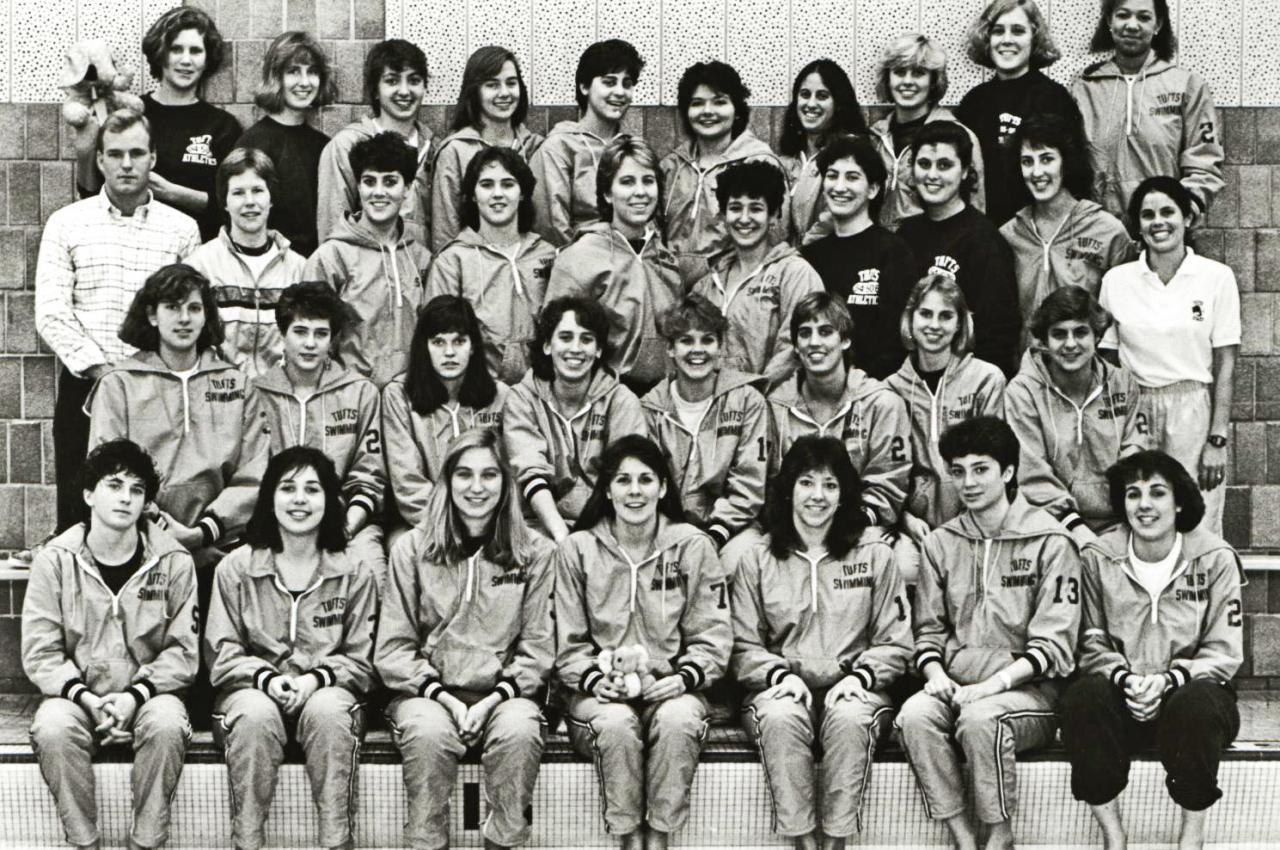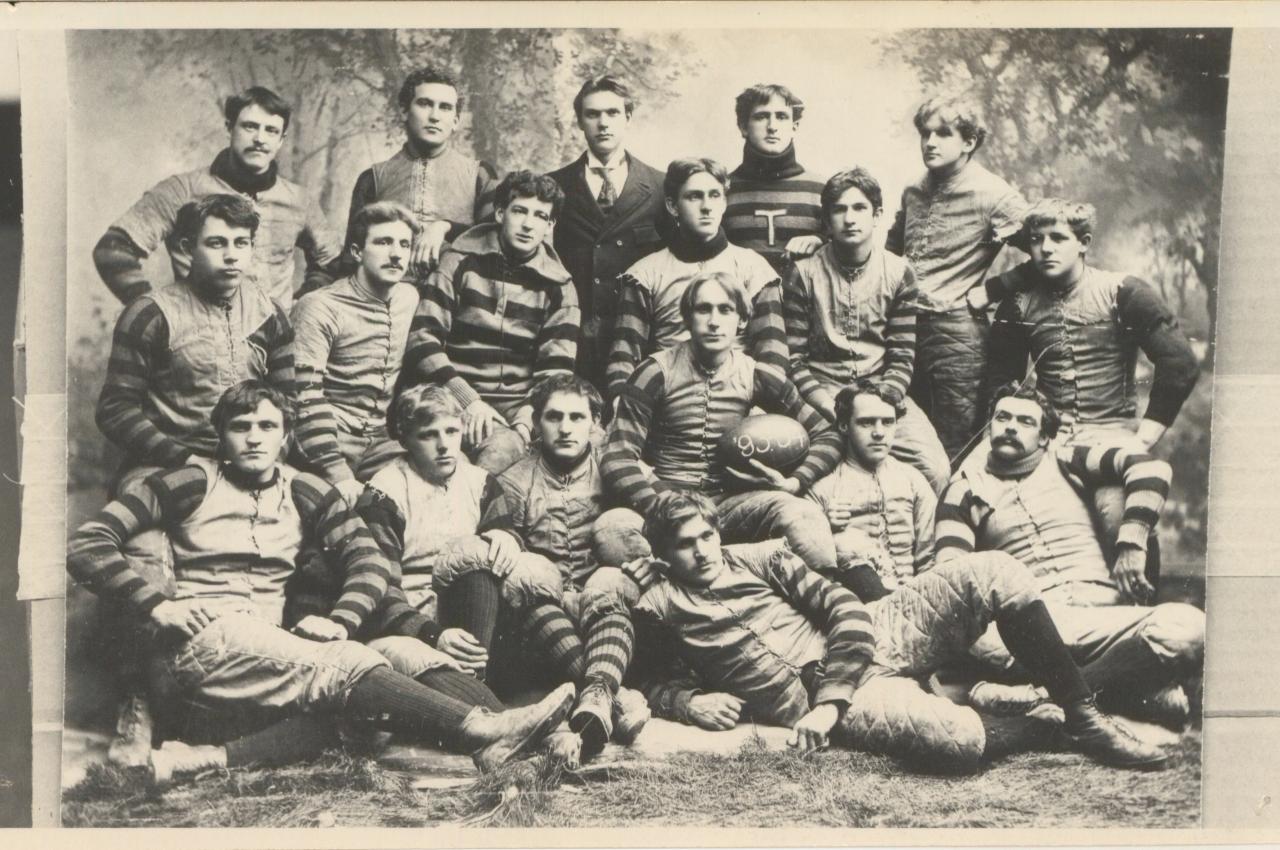

News from Tufts Now
- Tufts Athletics Hall of Fame Inductees Named for 2026Eight individuals and one team will be inducted in April 24 Gillette Stadium ceremony

- Top Research Stories of 2025Tufts faculty have been discovering everything from how to measure stress levels and make cancer vaccines work to learning that coffee seems to protect health

- Celebrating 150 Years of Tufts Football in PhotosA collection of images and other media reveals the journey of Tufts football since its 1875 beginnings

Tufts Events
- Dec 19All dayLast Day of Predoctoral Clinical OperationsEvent Type: Deadline/Reminder Event Sponsor: School of Dental Medicine
- Dec 21All dayYuleEvent Type: Multifaith Observance Event Sponsor: University Chaplaincy (Wicca/Paganism) Begins at sundown on the first day listed. Winter Solstice, celebrating the longest night and the blessings of darkness as well as the rebirth of the sun god.
- Dec 24All dayChristmas EveEvent Type: University Holiday The university observes a holiday on this day.







